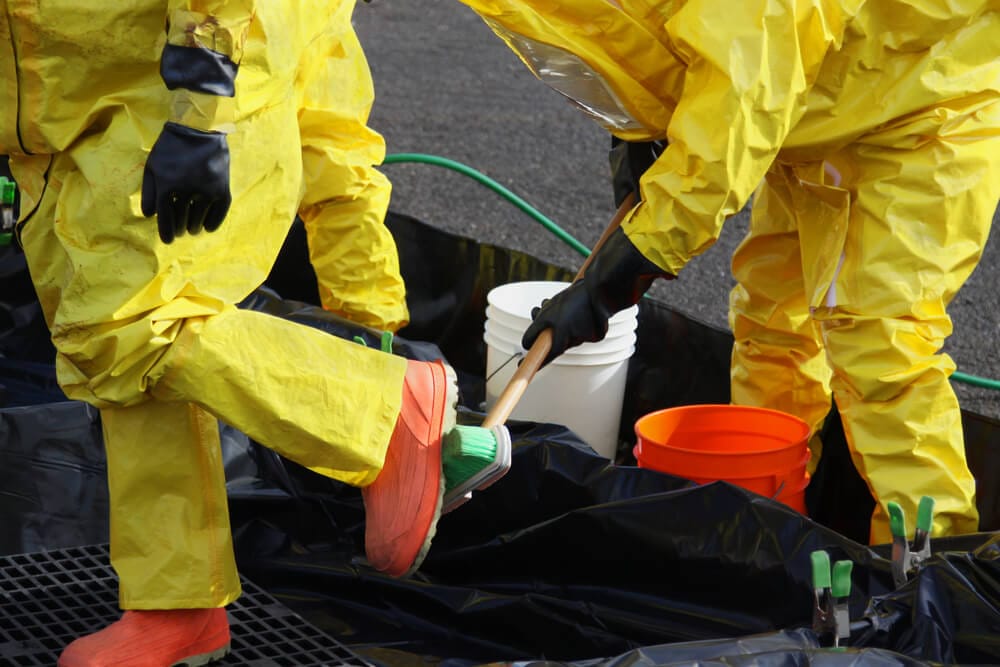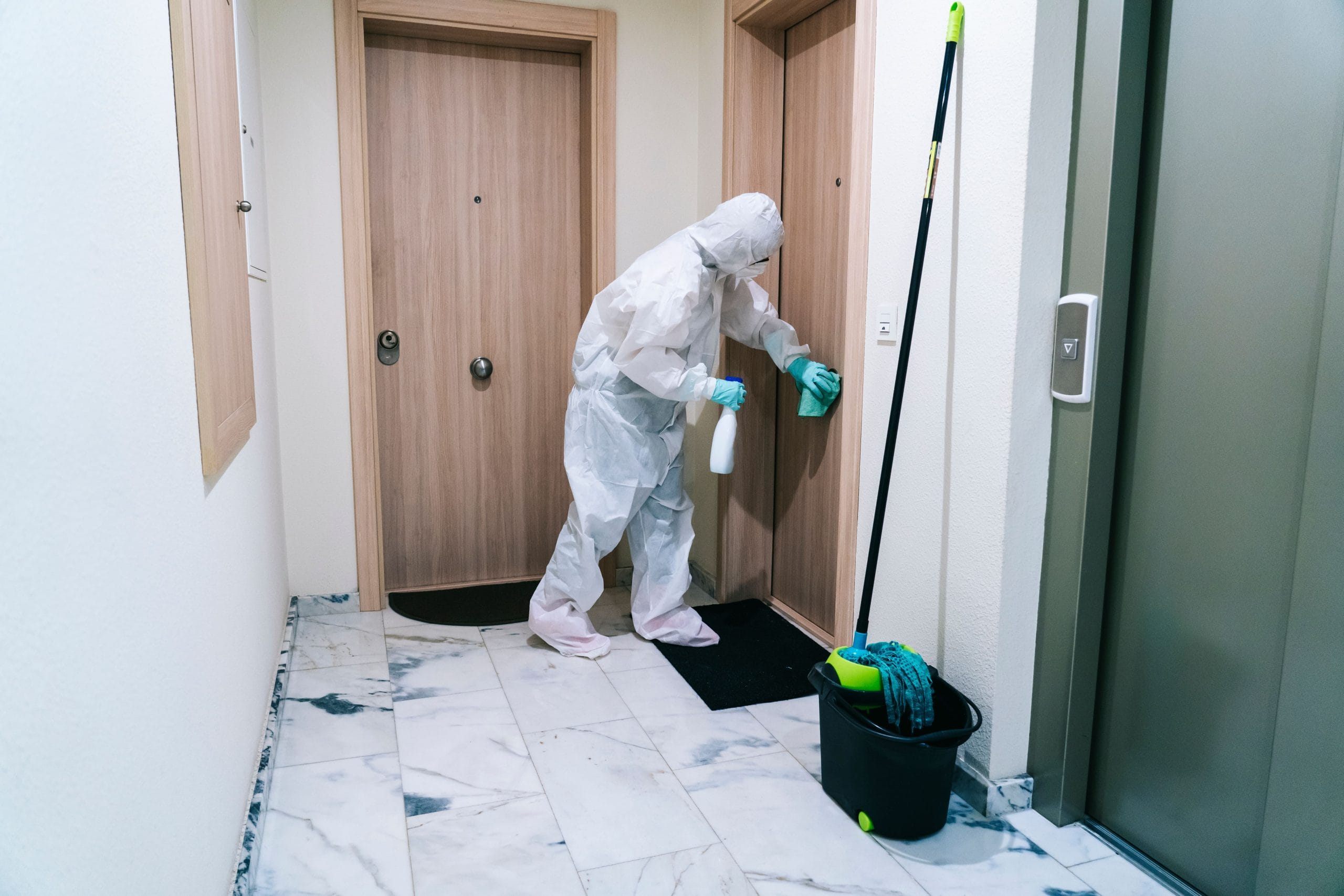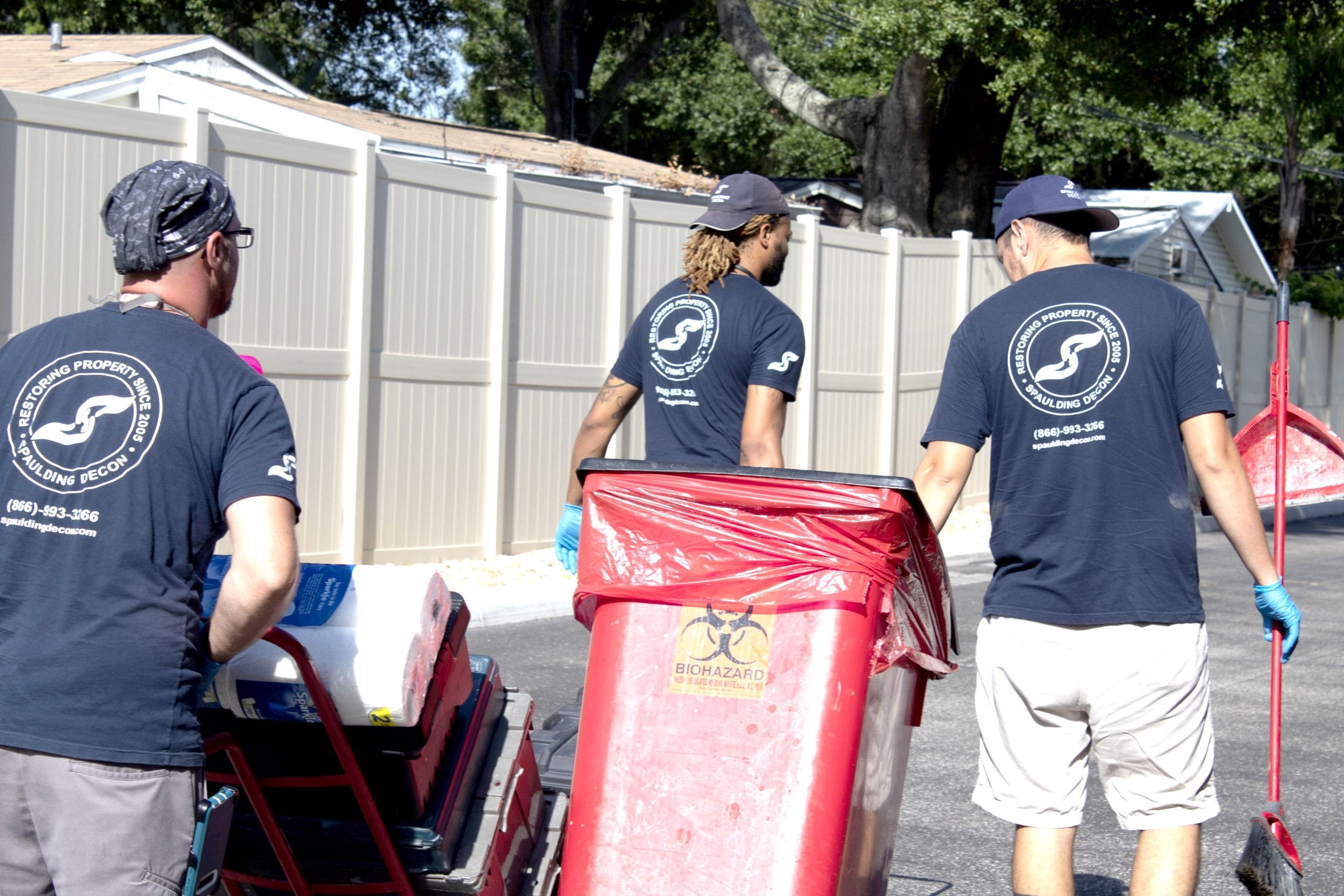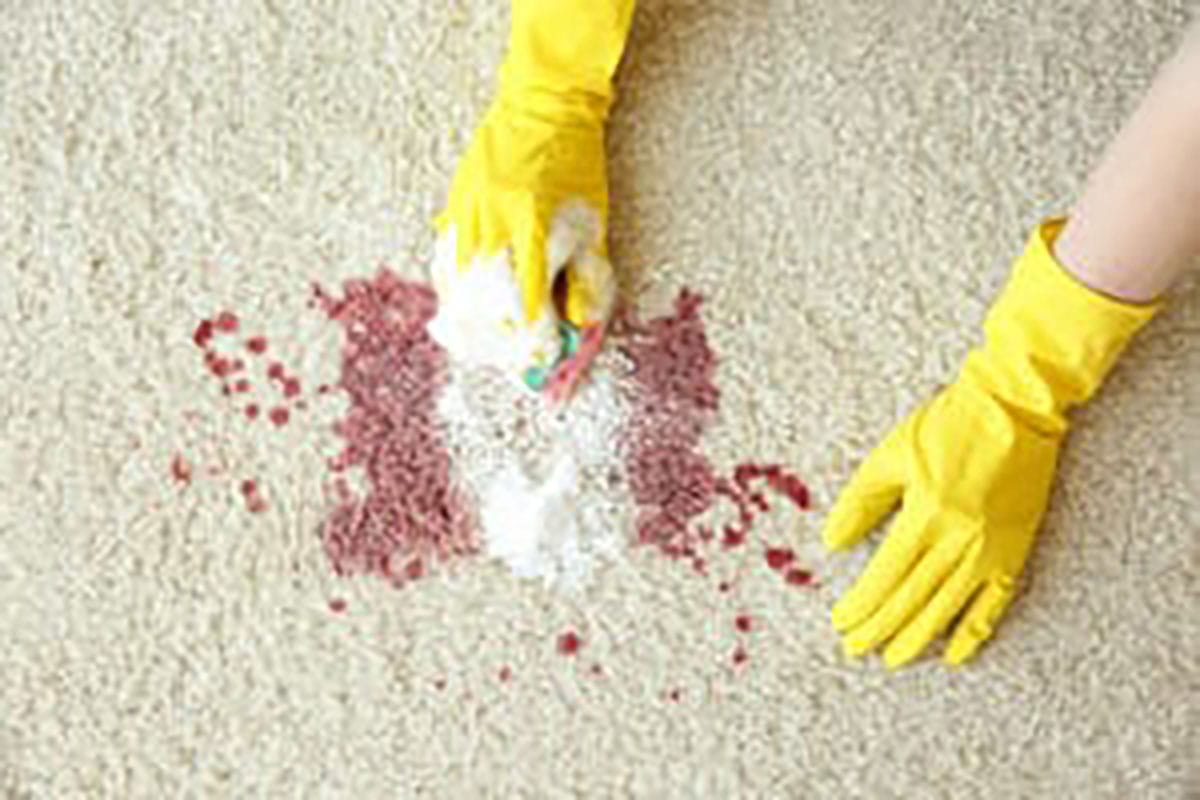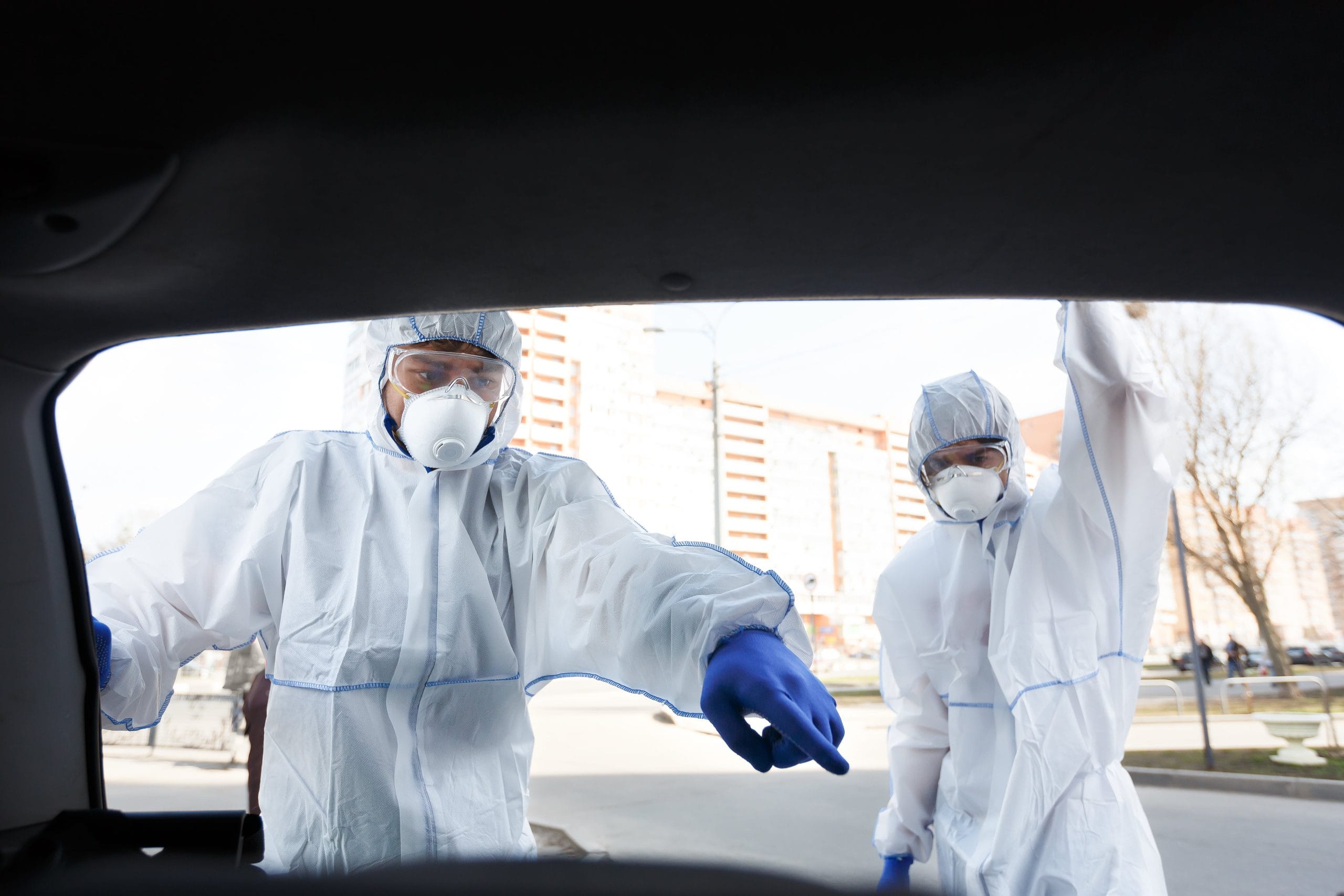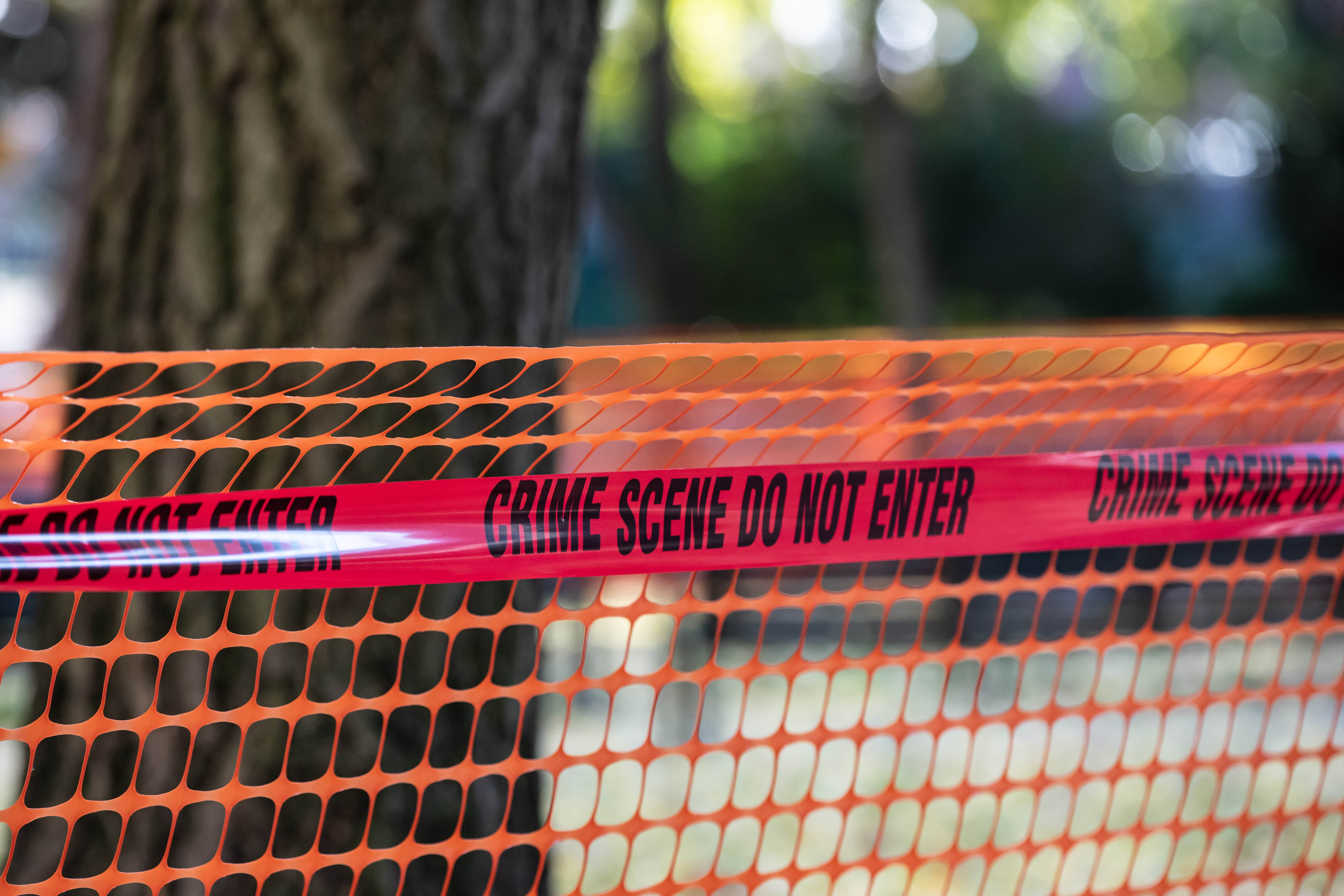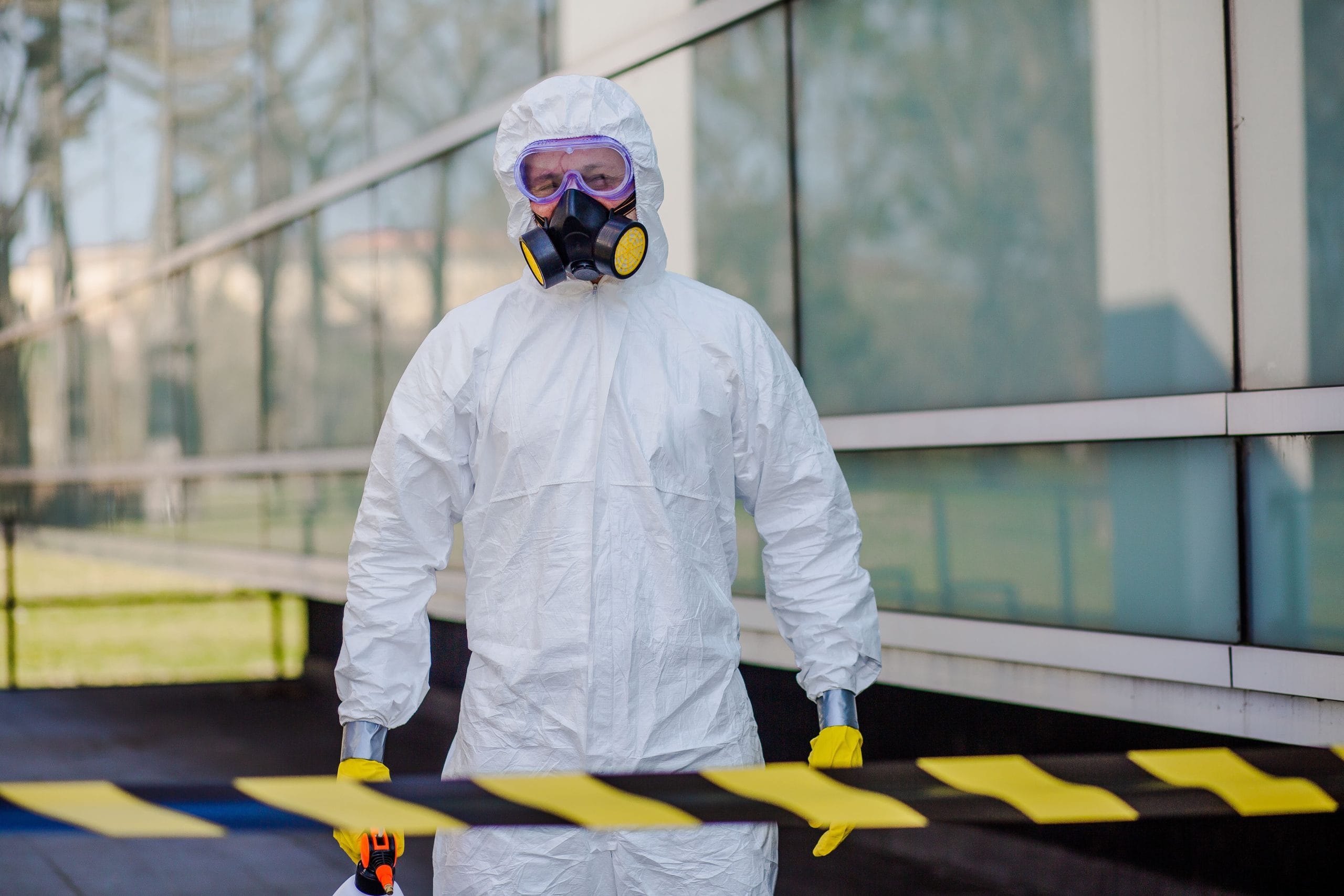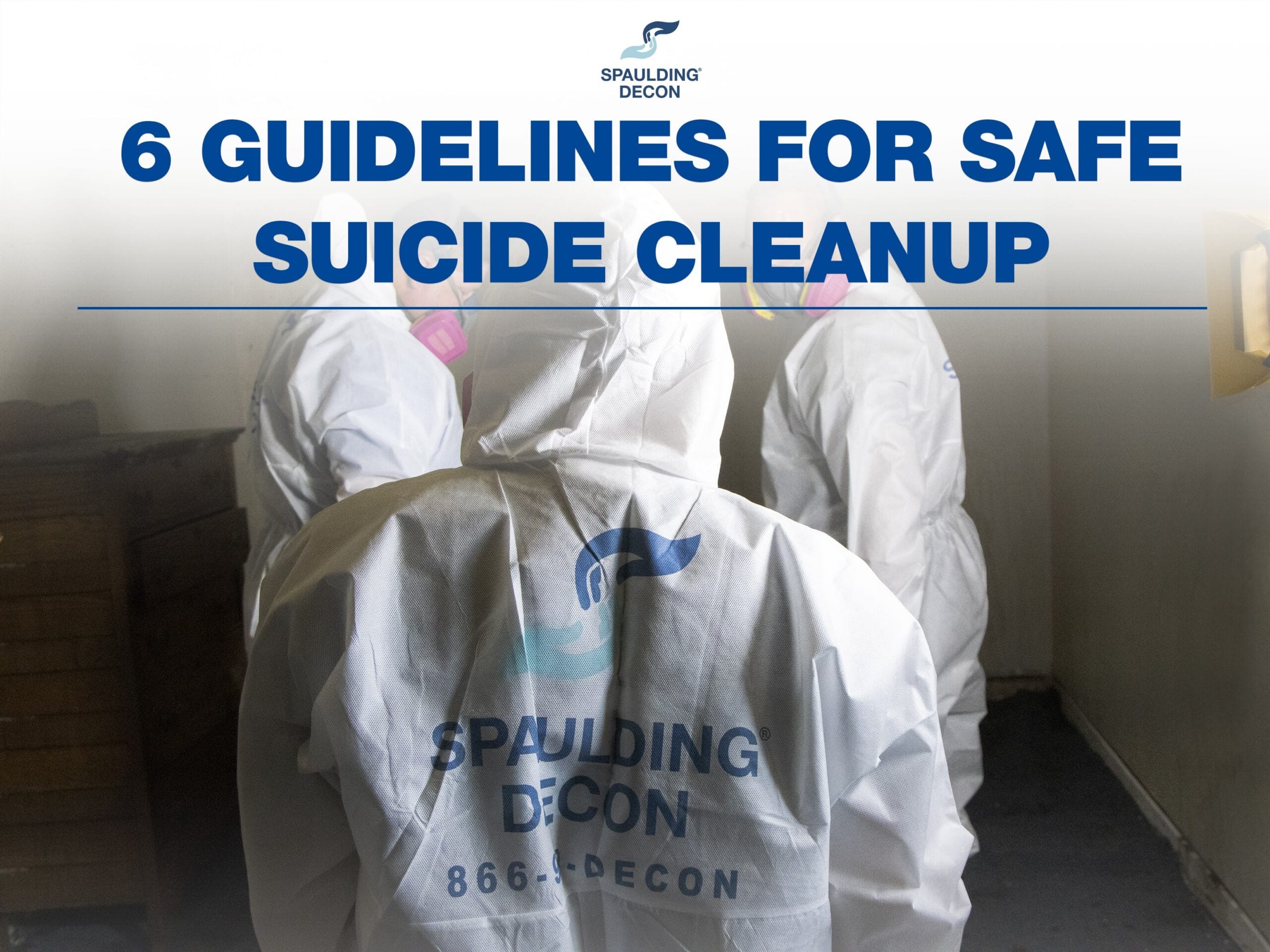Category: Biohazard / Crime Scene
- Biohazard / Crime Scene
- Decontamination
- Drug lab cleanup
- Hoarding Cleanup
- Mold Removal
- News and Updates
- Rodent Infestations
- Tear Gas Cleanup
- Water Damage

Crime Scene Cleaning Business: All You Need to Know
Crime scene cleaning is a demanding and specialized industry that requires compassion, education and training, meticulous attention to detail, integrity and trust, and flexible working hours. Crime scene cleanup certification may be required in some states before obtaining a license. Protective gear, such as biohazard suits, gloves, masks, and respirators, is essential when cleaning up…

Cleaning Up After a Death
Cleaning up after death can be a biohazardous and expensive process, but it is often covered by homeowners’ insurance policies. Costs can include biohazard disposal, disinfectants, tyvek suits, odor remediation equipment, and demolition equipment. Hiring a professional death scene cleanup company is recommended to properly assess and clean the area, and ensure proper biohazard disposal.…

Biohazard Cleaning Pricing
Biohazard remediation services involve cleaning up blood or bodily fluids that have contaminated an area, including crime scene cleanup, blood cleanup, and general biohazardous material cleanup. Factors that affect pricing and the extent of cleaning required include the nature of the incident, location, and how long the scene has been contaminated. Homeowners insurance may cover…

Blood Cleanup: Can My Employer Make Me Clean That?
Employers cannot ask employees to clean up blood spills without first providing proper blood cleanup training and equipment. Blood contains dangerous pathogens, and employers are required by OSHA to provide a safe and healthy working environment. The OSHA Bloodborne Pathogen Standard outlines guidelines for protecting workers from bloodborne pathogen-related health hazards, including the establishment of…

Blood Cleanup in Hotels
Hotels see hundreds of people each year, making them a risk for accidents and biohazards. Homicides, suicides, and unattended deaths require professional decontamination, as blood is a biohazard that can carry pathogens and spread disease. Professional crime scene cleanup technicians have special bloodborne pathogens training and equipment to properly and safely clean up blood in…

The Importance of Proper Blood Spill Cleanup, Explained
Blood-borne pathogens are infectious microorganisms carried in human blood, and certain body fluids also contain blood and disease-causing bacteria or viruses. Examples of blood-borne illnesses include hepatitis B, hepatitis C, and HIV, which represent the highest exposure risk. Blood spills can transmit disease if they remain on a surface, and the risk lasts even after…

A Business Owner’s Guide to Crime Scene Cleanup
Crime scene cleanup is a specialized industry that deals with removing biological matter and remediating any damage caused to structures after a crime. Crime scene cleaners are trained to remove evidence and biological material left behind after the police have taken all the samples they need. They use specialized chemicals and protective equipment to remove…

Everything You Need to Know About Crime Scene Cleaning
Crime scene cleanup is a process that involves the removal of biological materials and restoration of damaged materials after a violent crime. Professional crime scene cleaners are trained to find and remove all evidence from a crime scene, which can be difficult for families to do on their own. When a body decomposes, there are…

6 Guidelines for Safe Suicide Clean Up
Suicide clean up is a daunting and hazardous task that should not be undertaken by grieving family members. There are professionals, such as Spaulding Decon, who are trained and equipped to handle these situations with care and empathy. The six guidelines for safe cleanup of a suicide include contacting authorities, wearing protective gear, disposing of…

7 Next Steps to Take When a Loved One Commits Suicide at Home
Suicide is the tenth leading cause of death in the US, and discovering a suicide is a deeply traumatic experience. It is important to take certain steps if a family member or loved one commits suicide, including calling the police, securing the area, getting the area cleaned by professional biohazard cleanup services, arranging for accommodation,…

